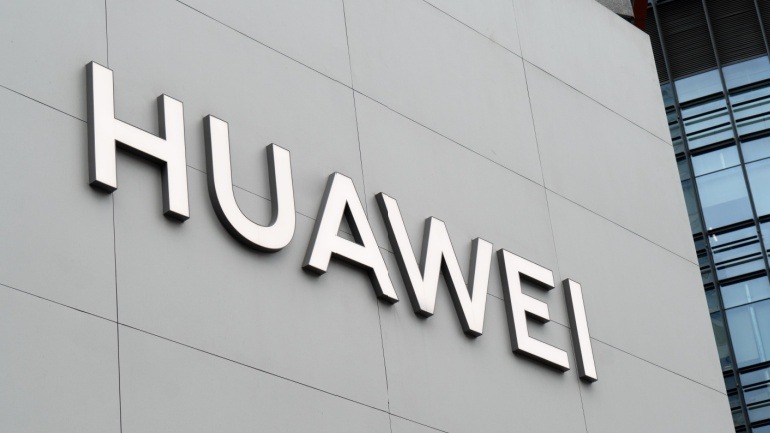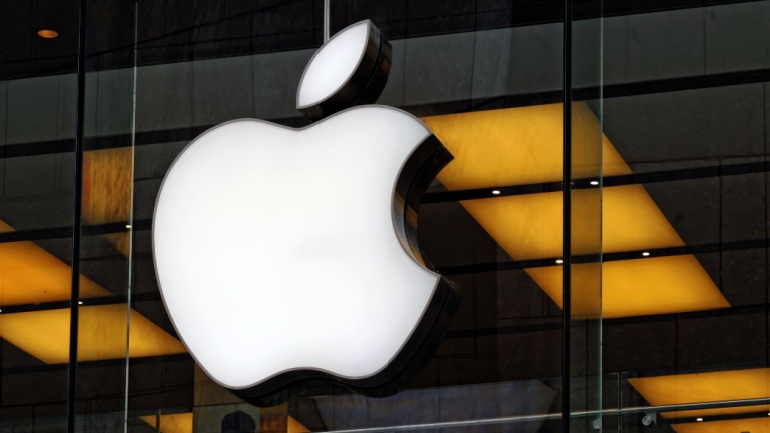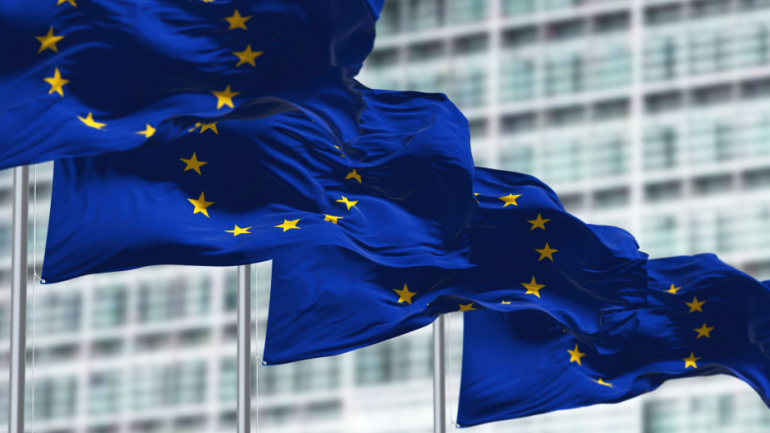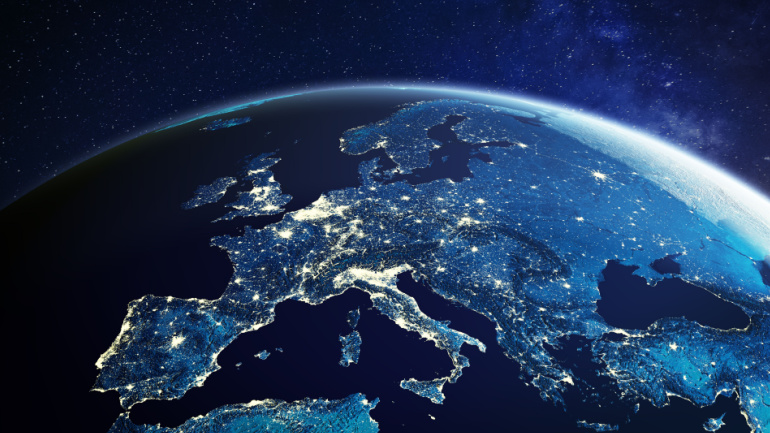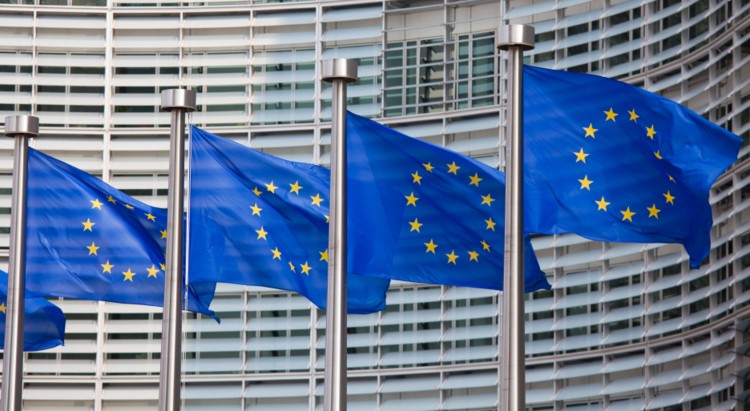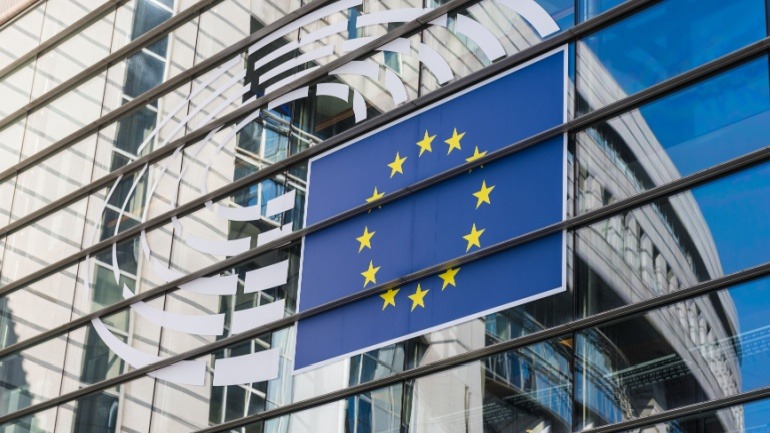Huawei is embroiled in a bribery scandal linked to the European Parliament, with Belgian authorities leading an investigation that has resulted in multiple arrests across Europe. The probe alleges Huawei used luxury gifts and payments to influence EU politics.
Brussels witnessed a momentous occasion as the Gigabit Infrastructure Act received its final approval from the European Council on Monday. This legislation, eagerly awaited and heavily debated, is set to become enforceable within days, marking a significant milestone for connectivity development across the European Union’s 27 member states.
The European Commission has imposed a hefty fine on Apple, surpassing €1.8 billion, for its anti-competitive practices concerning music streaming services via its App Store. This penalty stems from an investigation initiated by a complaint from Spotify, the music streaming behemoth, nearly five years ago. Accusing Spotify of greed, Apple has announced its intention to contest the fine.
As debate swirls around potential alterations to EU telecom sector merger regulations, European Commissioner Margrethe Vestager maintains her stance. Even with industry pressure for a shakeup due to challenges like 5G rollouts and shrinking profit margins, she insists on preserving existing rules.
Despite Europe’s stride towards a digitally advanced future, the current uptake of 5G stands at only 2.5%. This stands in stark contrast to how tech giants like North America, China, Japan, and South Korea are faring. While European market figures on Fibre-to-the-Home (FTTH) appears promising, various challenges, including recent antidumping measures, have stymied progress and exacerbated the digital divide.
Summoning a significant tide in the telecommunications sector, 20 notable European telco CEOS, under the GSMA, urge EU policymakers for a comprehensive revamp of the present regulatory environment. They key point is the mounting need for major tech corporations to contribute to telco infrastructure costs in the midst of a data traffic surge. However, critics argue such proposal infringes upon net neutrality principles and imposes a dual-end payments system.
The European Commission has approved a joint venture founded by several of Europe’s leading telecommunications providers, including Deutsche Telekom, Orange, Telefónica and Vodafone. The goal of this partnership is to create a revolutionary type of digital advertising platform that will offer a technology solution for digital advertising, while putting privacy first. The holding company, which will be headquartered in Belgium and managed independently, will include a 25% ownership position from each of the major telecom companies. The platform was created with the General Data Protection Regulation (GDPR) of the European Union in mind, and it has already undergone successful testing in Germany. The platform will be made accessible to any operator in Europe. To activate messages from marketers via publishers, consumers must explicitly opt-in to the new platform. The only item communicated is a “pseudo-anonymous digital token” that cannot be reverse-engineered. With improved transparency, protection and supervision over…
As anticipated, the European Parliament has voted in favour of the European Electronic Communications Code (EECC). The new EU telecoms rules will open the possibilities for faster access to radio spectrum waves and greater investments in high-speed connectivity. They will also ensure better protection and services for end-users of either traditional (calls, SMS) or web-based solutions (Skype, WhatsApp, etc.). Vice-President for the Digital Single Market, Andrus Ansip, and Commissioner for Digital Economy and Society, Mariya Gabriel, made a joint statement, which said, “Today’s vote by the European Parliament is a positive and necessary step towards ensuring that the telecoms sector in the EU is fit for purpose.” “The new telecoms rules that will now be put in place as a result, are an essential building block for Europe’s digital future and a source of new digital rights for European citizens. They are crucial for meeting Europeans’ growing connectivity needs and boosting…
Today, 14th November 2018, the European Parliament is expected to vote on the final approval of the European Electronic Communications Code (EECC), which digs deeper into the EU’s telecom regulatory context. This reform paves the way for new fibre and 5G networks, and also expands the level of consumer protection available to the subscribers of telecom and OTT services. The EU officials first presented the Digital Single Market (DSM) strategy in May 2015, and the following year they introduced a connectivity agenda with proposals for the telecom sector. The DSM strategy contains diverse subjects, including support for cross-border e-commerce, prevention of geo-blocking, expansion on EU policies for the cloud, AI and competitiveness. The key legislation for the DSM must be completed by May 2019. It will presumably assist in reaching the new targets for broadband connectivity set by the Commission for 2025: gigabit speeds for digital businesses and public…
The European Commission will delay penalties against Apple and Meta for violating the Digital Markets Act, opting for further review and dialogue. While earlier fines targeted anti-competitive practices, future sanctions will follow formal findings.



